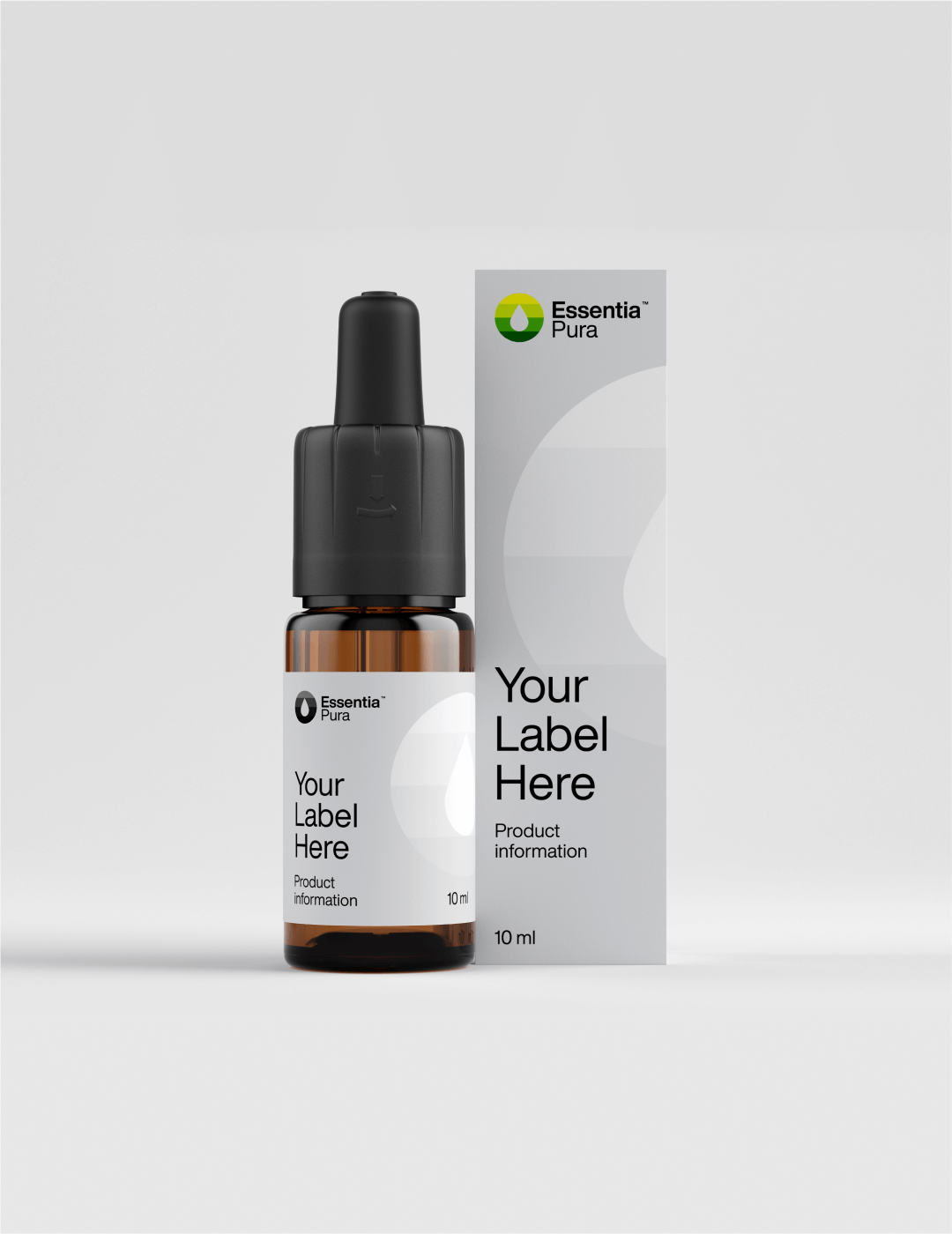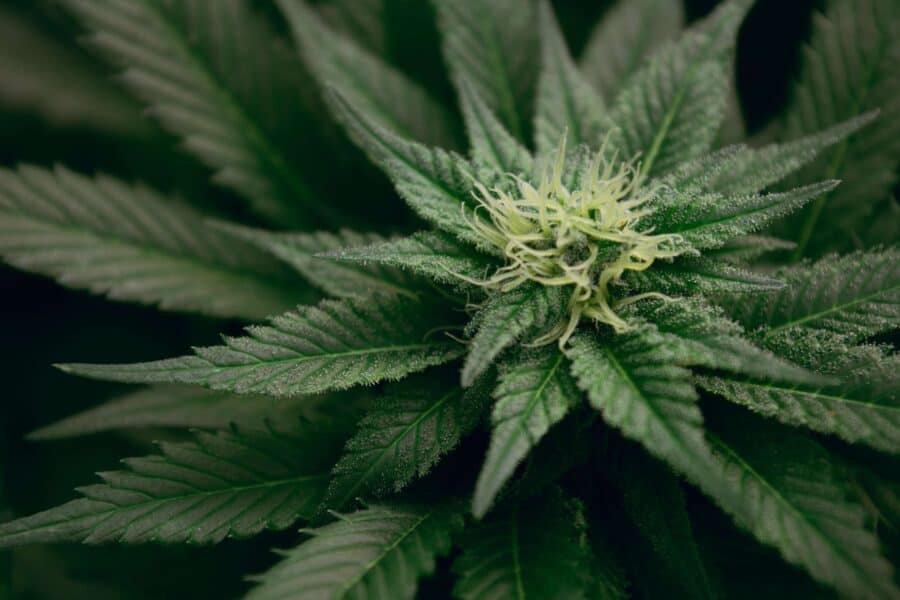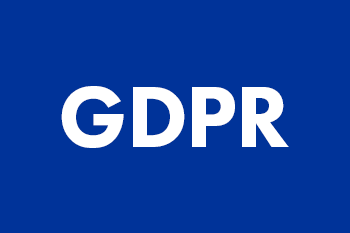Is CBD legal in Austria?
In the past decade or so, there has been an increased demand for CBD and other related products. Nonetheless, the regulation of cannabis cultivation and CBD products remains very different around the world.
The European Union has been trying to standardise the regulation of CBD oil and other CBD products. This process has had limited success. The laws of the member states are closer than they were, but as we all know, the devil is in the detail. This is especially true in the case of Austria.
To help you make sense of the legal questions, we at Essentia Pura strive to provide you with up-to-date information regarding CBD products in different countries.
We have so far published a general overview of the European Union regulation, and delved into details about Germany, Spain, France, Italy, and Poland.
We understand that plenty of companies are interested in CBD and its uses. This is why we are continuing our series with an in-depth explanation to help you succeed in the CBD business.
This article explains the legal use of CBD and cannabis in Austria.
In the article, we will explain if CBD is legal in Austria and how you can legally sell CBD products in Austria. We begin with some basic information about the cannabis plant. We then continue by explaining what CBD is and how to differentiate it from other cannabis products. We explain the medical and personal use of cannabis and CBD products in Austria. In the next section, we explain the latest government’s stance on CBD oil and cannabis products. Finally, we offer some advice on how to jump-start your CBD business in Austria.
There is certainly a lot to consider regarding cannabis plants and CBD products in Austria. The government has been going back and forth on this legal question for a while now. All this uncertainty makes any decisions that much harder.
We will get to this shortly, but let us start with the basics.
Basic information
The first thing to understand is that CBD oil is derived from the cannabis plant.
We are fairly certain that all of you have heard about the cannabis plant and its many uses. You are undoubtably also familiar with many legal complications that come with the use and production of cannabis.
In recent years, researchers have worked intensely on the cannabis plant and its potential uses. This research showed numerous positive effects of cannabidiol (CBD), a phytocannabinoid extracted from Cannabis sativa L.
The World Health Organization even proclaimed CBD products as generally safe to use in its report.
The growing interest in cannabis also means a rapidly expanding market for these products throughout the world and in the European Union. Governments are starting to respond to the shift in opinion and are transforming their legal regimes. These times, therefore, provide for a unique opportunity to start and grow your CBD-related company.
Austria, however, is a fairly unique country in this aspect. Please read on to learn more.
Recreational use
The personal use of cannabis in Austria is a strange, grey area. Possession of small amounts (up to 20 grams) of the drug was decriminalised back in 2016. Selling, giving, buying, or even possessing larger quantities of cannabis, however, is a punishable criminal offence.
Nonetheless, the personal use of cannabis with THC is technically decriminalised. However, you will still have a hard time getting your hands on cannabis. As explained above, possession of marijuana over 20 grams is prohibited and the sale of marijuana is heavily punished.
Some might say that growing your own cannabis thus seems like a good idea. Be careful though, it is only allowed if it contains an appropriate level of THC, under 0.3%. These plants can be used for decoration or to improve air quality. We do not recommend doing anything that might go against the law. So be very careful!
Market-proven CBD Products
Get a hold of our top-quality, market-proven CBD products that are ready to sell. Reach out to us today.
White label CBD products
Medical use
Medical cannabis is legal under certain conditions. Despite this, there are still some issues with medical cannabis. Since the dried flowers of the cannabis plant are not legal in Austria, patients can only receive tablets, oils, or creams as their prescribed medication.
Furthermore, doctors and insurance companies are still sceptical and often do not wish to prescribe or cover the costs of cannabis products as a treatment drug.
It may seem that all of this regulation will complicate your business plan. However, things are not quite as grim as they look. You need to take into account the distinction between cannabis plants, mainly between marijuana and hemp.
Hemp and Marijuana
Marijuana and hemp are technically speaking both forms of the same cannabis plant. The usual difference is whether they contain only trace amounts of THC (the part of the cannabis plant that causes you to get ‘high’) or higher. If the content of THC in the cannabis plant is less than 0.3% THC, then it is considered hemp in Austria. If the THC content is above the 0.3% limit it is considered marijuana, thus making it illegal in the country. This is where Austria differs from some other EU member states. The usual threshold is at 0.2% of THC content, but Austria gives you a little more leeway in this regard.

Staying below this prescribed cap also generally means that hemp products are legal in Austria. All this, however, unfortunately changed slightly in 2018, bringing a lot of confusion into the industry and making plenty of companies fear for their survival, but more on that later.
Hemp products have traditionally been used in a variety of industries around the world. Austria is no exception, as cannabis products have been used for almost a thousand years. All this is evident in the rich museum exhibitions around Austria. You could find cannabis products in clothing, cosmetics, food supplements, and in some countries even as medicinal remedies.
Cultivation of hemp is legal in Austria, but you need to obtain a legal permit from the authorities. If you want to start cultivating cannabis you will be happy to know that cannabis seeds can be freely purchased in Austria.
Cannabis plants in both forms (hemp and marijuana) contain CBD. It is finally time for us to explain what CBD really is.
CBD essentials
Cannabidiol (CBD) is one of 113 cannabinoids that come from the cannabis plant. CBD can be extracted from the cannabis plant in such a way that it can be isolated from other cannabinoids. Most importantly, it can be separated from THC, the psychoactive element in cannabis. This means that it does not get you high. This is a major reason why CBD is gaining in popularity.
Once CBD is isolated it is then added to a carrier oil to make CBD or hemp oil, as well as other products.
If you want to learn more about the process of isolation or making hemp oil you can read about it here.
CBD regulation in Austria
As mentioned above, CBD and some other cannabis products are considered a grey area in Austria. CBD products were legal and freely sold around Austria. Nonetheless, the government unexpectedly changed its position in 2018. Since then, most CBD products are prohibited in Austria.
What does this mean? What exactly changed in Austria? Is CBD legal or not?
As officials claim, the measure is not as drastic as it might seem at first glance. You can still buy hemp products. As we explained in the beginning, these are cannabis plants, rich in CBD, but that have a THC level below 0.3%.
The major change is that you can no longer label your products as food supplements or as medication. You have to label them either as aroma products or as a raw material product. This, however, means that products like CBD edibles or CBD capsules are now illegal.
The Austrian government explained that there is no effective quality control over CBD products. They claim that patients use these products but no one knows how safe they really are for personal use.
While this might seem reassuring from a business perspective, many businesses still faced major difficulties trying to quickly adjust to the new legal rules. Hopefully, the authorities will change their view again in the near future.
To summarise, at present, this means that CBD oil and other products are still legal in Austria, but of course, you have to be careful. Proper labelling and the 0.3% THC rule are not the only things you have to watch out for.
Custom Formulations With Private Label
Retail-ready formulas not your type? Reach out and develop your own custom formulation, with our private-label service.
Discover more here
Buying CBD in Austria
You might be wondering how to buy CBD hemp oil or other similar aromatic products in Austria. Both online and in-person options are available and legal. Most people in Austria seem to opt for the online shopping of CBD oil and related products, probably due to the wider range of products that are available.
You should be careful and only order from reputable websites. Avoid any website that makes exaggerated claims of the benefits of their products. Be careful that you do not import illegal CBD products, as those will most likely be seized and consequently cause you trouble.
If you are planning to start a CBD-oriented business you should carefully choose your supplier. We advise you to only deal with trusted and accredited companies. In case you want to find a wholesale business partner, Essentia Pura is a perfect match for you.
Essentia Pura is a Slovenian company that offers wholesale CBD extracts. We take pride in ensuring strict compliance with national and EU regulations. We are a trusted wholesale partner for your CBD-oriented business. If you have any questions regarding the bulk sale of CBD oil and other products, as well as any “CBD legal questions” about regulations in Austria or other EU member states feel free to contact us.
Conclusion
So is CBD legal in Austria?
We can safely say that yes, CBD oil is legal in Austria, although you have to watch out for a number of things. Let us quickly recap the important points.
First, you need to make sure that your CBD products stay below the 0.3% THC level. Furthermore, you have to watch out for the labelling of your product. Selling CBD hemp oil or other related products as food supplements or as medicine is not allowed, so label them as aromatic products instead.
Sale of CBD is allowed both online and in person, although online sale has plenty of upsides.
If you are thinking of growing industrial hemp you need to make sure that Austria grants you a legal permit to do so. You can however freely buy cannabis seeds and grow plants at home as long as you do not intend to harvest THC and stay below the legal THC limit.
2023 update:
In Austria, the legal status of CBD has remained mostly unchanged in recent years, allowing the CBD business to flourish with various products gaining popularity.1 However, the authorities exercise caution regarding CBD as a novel food.3 CBD-infused products undergo stringent evaluations to ensure safety and proper labeling, reflecting Austria’s commitment to consumer protection and regulatory compliance. Despite the thriving market, safety remains a top priority as both consumers and businesses navigate the potential benefits of CBD.2 Responsible practices are essential to maintain the industry’s growth and ensure public well-being.






